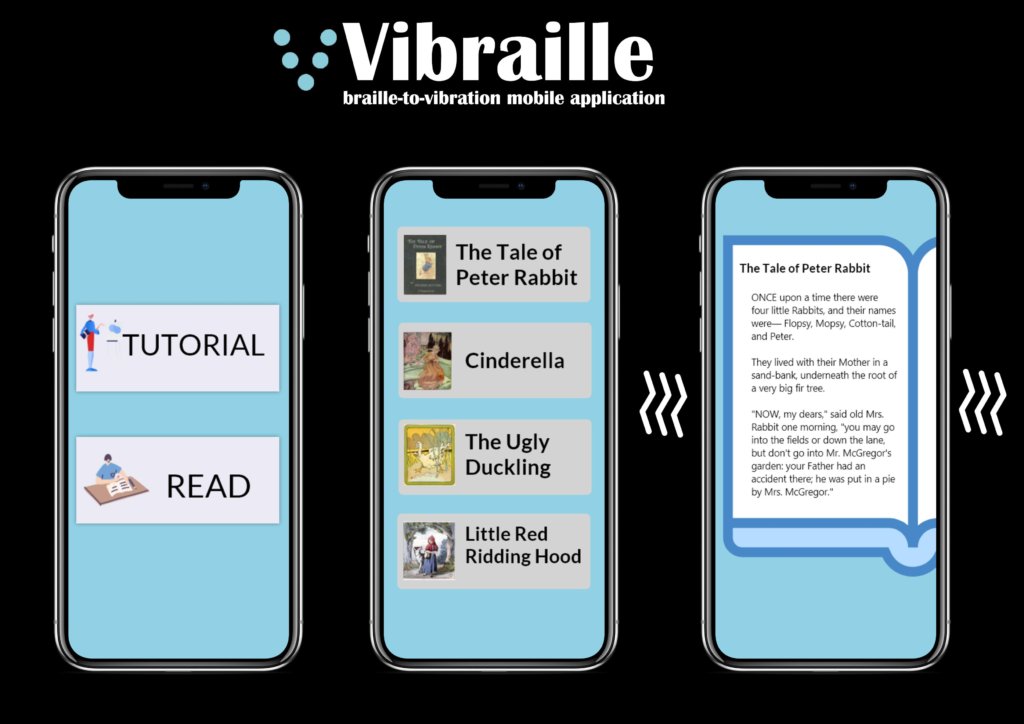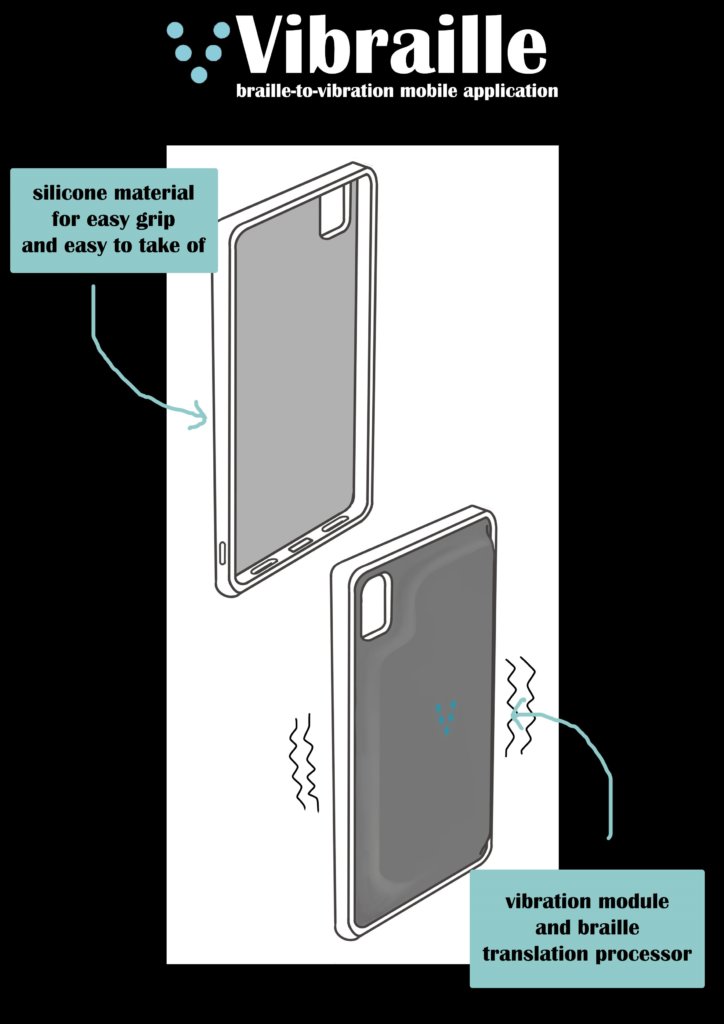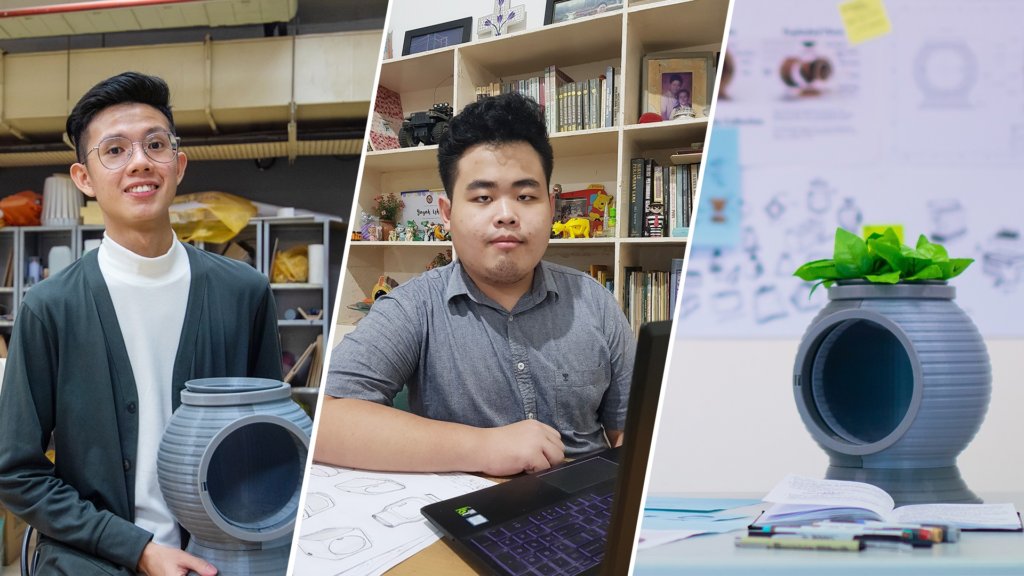
James Dyson Award 2020 in Malaysia won by two lads with a literally cool zero-energy cooler fridge
The national winners for the James Dyson Award 2020 for Malaysia have been announced along with their inventions that are innovative and thought provoking in equal measure.
The pursuit of better technology isn’t merely about putting the shiniest, fastest performing, highest powered gadget in your hand. Often, it’s harnessing and applying the right ideas for the greater good which is exactly what the prestigious James Dyson Award 2020 is about with the winners showcasing innovative offerings that help address some of the world’s biggest problems.
For the uninitiated, the James Dyson Awards are an annual affair since 2007. The competition sees students from across the globe attempting to solve the most pressing problems facing our world at large like pollution, global warming as well as other more mundane but no less important challenges like offering better technologies that empower the physically challenged to live a more fulfilling life or to find new, more efficient ways of using the existing resources we have in a more efficient way.
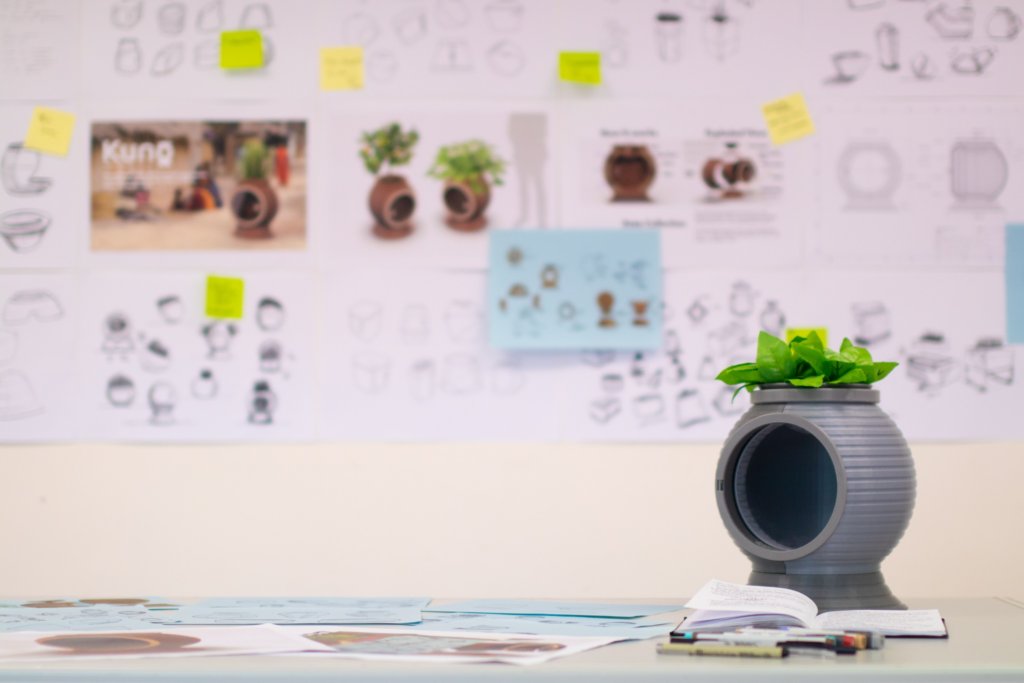
The James Dyson Award takes place across 27 countries including Malaysia and last year, we saw Sarah Moi taking pride of place as the national winner with her Eat.Easy invention that we wrote about last year.
For 2020, the James Dyson Award sees a new generation of inventors who have applied their creativity, engineering and design knowhow to a different but no less innovative direction.
These national winners will advance to the international stage of the James Dyson Award where they will compete with the best from other countries with the winning solutions selected by Sir James Dyson himself and announced on 19th November 2020. For more on the James Dyson Award, read their official page here and our feature here.
James Dyson Award 2020 – Meet the Winners
Table of Contents
KUNO – National Winner
For the James Dyson Award 2020, two lads from the Asia Pacific Institute of Information Technology became the national winners with their unique invention that relies on an ancient concept reapplied to the needs of a brave, new world.
Dubbed the KUNO, their invention is a cooler fridge that does not require power to keep the contents within cool by relying on the principle of evaporative cooling to draw heat away from an inner chamber made of clay through a layer of sand and outwards to another external clay shell. This keeps the food stored within it cool for longer.
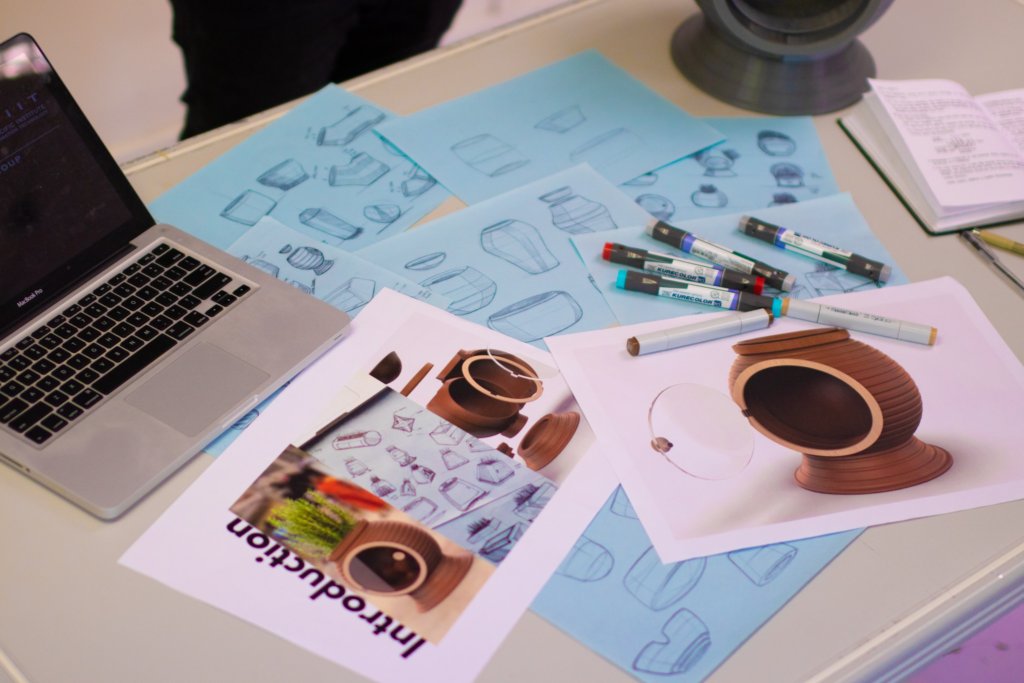
With KUNO, the duo aim to help address the fact that many developing countries still have a lack of basic access to electricity with some 1.2 billion or 16% of the world’s population still living without electricity and with it, access to efficient refrigeration.
The team, which is composed of Kuan Weiking and Theodore Garvindeo Seah aim to collaborate with the local cottage clay industry to manufacture KUNO and help diversify the industry beyond manufacturing small souvenirs. They are aiming to launch it in selected regions in the future.
“As a product designer, it is important that we look to design solutions that tackle societal challenges or problems – solutions that are both practical and widely accessible. We are grateful to have been given this opportunity to showcase our invention and share our mission to make a positive impact on the environment and local communities,” said Kuan.
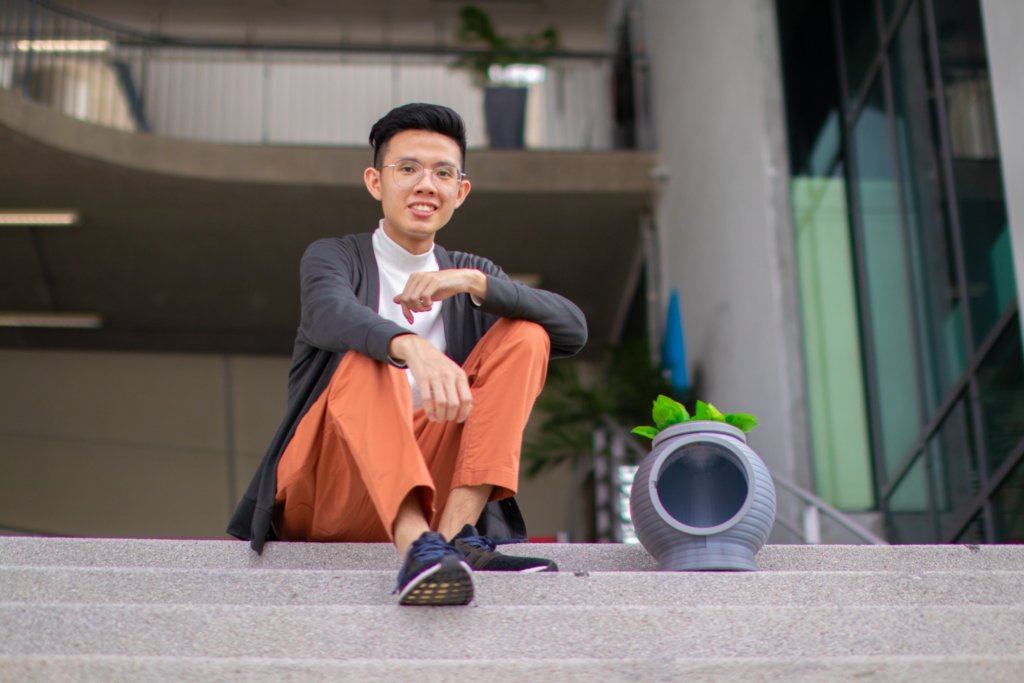
James Dyson Award 2020 Runners Up – Pebble & Vibraille
Pebble
Designed to tackle the problem of food waste, of which 1.3 billion tonnes of food are wasted annually, the Pebble is an automated food tracking system that aims to resolve this problem in an informative fashion. Invented by Chuah Ee Hua from University Sains Malaysia, the Pebble is a platform that has a built-in scanner and which leverages existing Application Programming Interfaces (APIs) for easier deployment. The Pebble retrieves purchasing data at a point of sale terminal when buyers purchase products at a supermarket or other store.
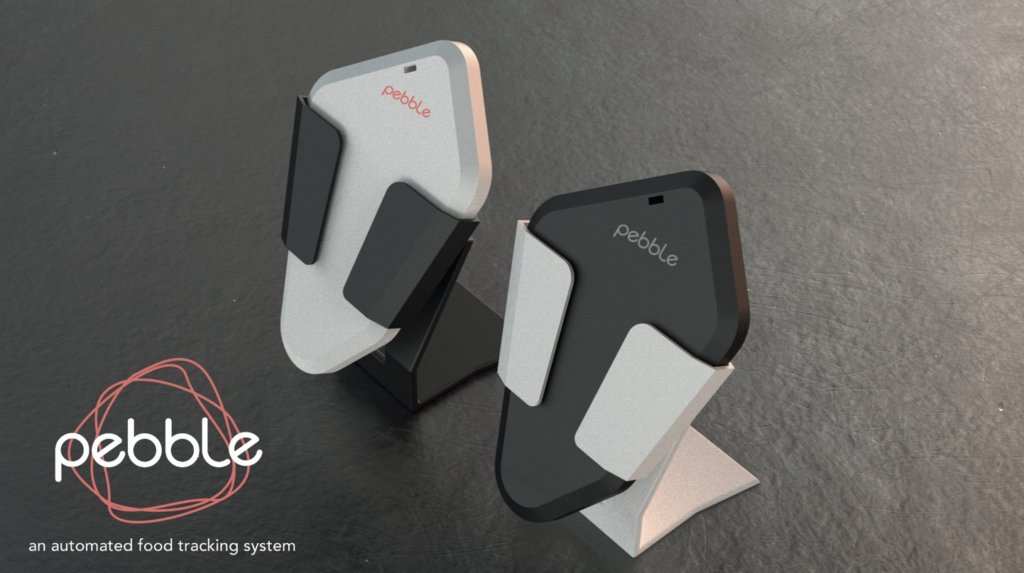
This purchasing data is then scanned with the Pebble and synched where users can keep track of expiration dates of the food they purchased, generate recipes with the combination of items they’ve purchased and also products close to expiry and also help plan meals more efficiently to minimise waste of forgotten food items that are close to or past expiry dates via push notifications to their phone.
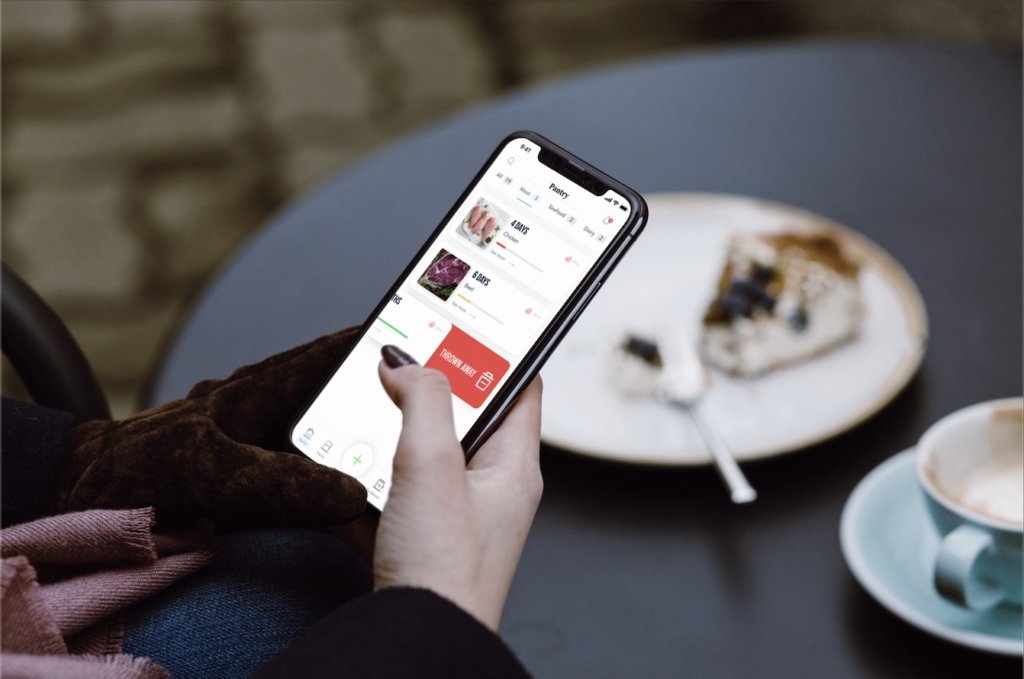
Vibraille
Over 2.2 billion people worldwide are estimated to have some form of visual impairment that affects their quality of life and for many of these people, the ability to read text can be a challenge
The Vibraille aims to initially be an app which uses haptic feedback in existing smartphones to translate information into Braille. The team also plan to create and eventually launch a series of smartphone cases with a built-in haptic engine and translation processor to offer better performance.
